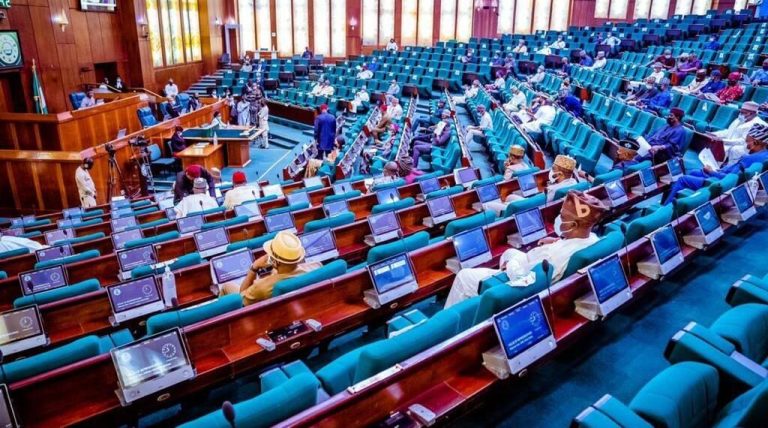The House of Representatives Ad-hoc Committee on Students Loan Fund and Access to Higher Education has announced its intention to amplify student loans from an initial 1% to an impactful 3% of the annual federal revenue.
This significant development follows the enactment of the Access to Higher Education Act, 2023, in June, a legislation aimed at providing financial support to Nigerian students pursuing higher education.
The legislation, spearheaded by President Bola Ahmed Tinubu, entails channeling 1% of the federal government’s revenue from oil and other minerals, alongside 1% of taxes, levies, and duties acquired by the Federal Inland Revenue Service (FIRS), Nigeria Immigration Service (NIS), and Nigerian Customs Service (NCS). The Act also incorporates education bonds and education endowment fund schemes.
The Student Education Loan will additionally rely on donations, gifts, grants, endowments, and revenue derived from other sources. However, concerns about the insufficiency of the allocated funds in the face of mounting demand led the Chairman of the Ad-Hoc Committee, Hon Terseer Ugboh, to advocate for an elevation in the percentage of funds drawn from the revenue.
Addressing a public hearing on the matter, Ugbor remarked, “We anticipate that the system you are establishing should adequately cater to students already enrolled, seeking loans to cover a year or two of their studies, as well as those entering through direct entry.”
He continued, “From our vantage point, it appears that the stipulated 1% of Federal Government Revenue, as stated in the act, would fall short in covering students’ loans for a year.
This is given the hundreds of thousands of students gaining admission annually and those currently enrolled, who might also seek loans to cover multiple years of their education.”
Ugboh proposed, “I recommend that, if necessary, the 1% requirement should be raised to 3%. If that is the case, I urge you to present such a proposal, and we are prepared to thoroughly review it.
This issue is of utmost importance. The Ministry of Education should consider holding on to increase it to at least 3% of this revenue.”
He also acknowledged the potential need for a constitutional amendment to permit the deduction from states or local governments.
He cautioned that without such an amendment, the Federal Government could only draw from its own share of revenue, potentially excluding state universities if State Governments opt out of participating in funding the student loan.
Ugbor emphasized transparency, a critical element for the success of such a scheme, citing previous failures due to a lack of transparency and commitment. He asserted, “A technologically-enabled system should be established to eliminate nepotism.”
In response, David Adejoh, the Permanent Secretary of the Federal Ministry of Education, assured that despite potential challenges, the student loan is set to commence in the 2023/2024 Academic Session, between October and November.
The Technical Committee’s presentation to the main committee will pave the way for a finalized proposal to be presented to the National Assembly.
As the discussions continue, the Committee strives to strike a balance between meeting the growing demands for student loans and maintaining fiscal responsibility within the nation’s revenue framework.

